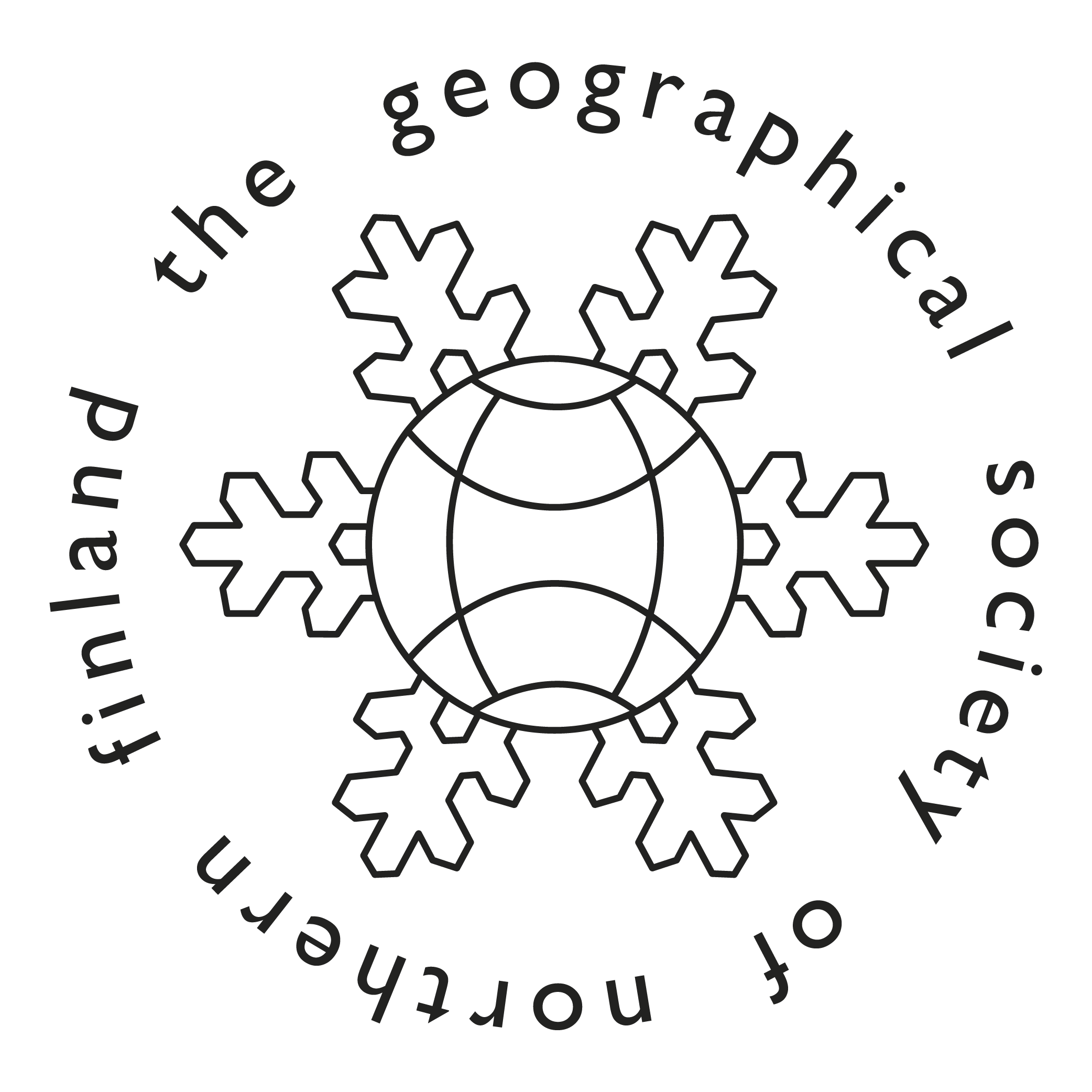The end of the post-Cold War in the Arctic
Abstract
Trans-boundary cooperation by states, indigenous peoples and sub-national governments as well as region-building in the Arctic region has been so successful that the region is peaceful with high stability. In spite of some disputes on maritime borders, asymmetric environmental conflicts and global problems there are neither emerging conflicts nor foreseen reasons for them. Thus, it is possible to argue that the ultimate goal of the Arctic states - to decrease the military tension and increase political stability - has been accomplished. Furthermore, the Arctic states do not acknowledge a world-wide perspective, or take it into consideration, while they see changes, such as globalization, more readily as a threat rather than anything else. However, globalization in the Arctic is actually more an ambivalent process having brought not only negative but also positive impacts, such as recognition of indigenous peoples’ rights, into the region. All this strongly indicates that the post-Cold War period has ended in the Arctic. This article discusses on significant changes in the Arctic region and major challenges of the early-21st century’s Arctic. It first examines the success of the first significant geopolitical change, i.e. the shift from pre to Cold War geopolitics, and then considers the next important and emerging change faced by the Arctic states. Its goal is first to briefly identify the major responses provoked by this change among the Arctic states and then to discuss globalization in the entire region. The paper concludes that at the early 21st century as a geopolitical entity the North plays more important role in world politics.






